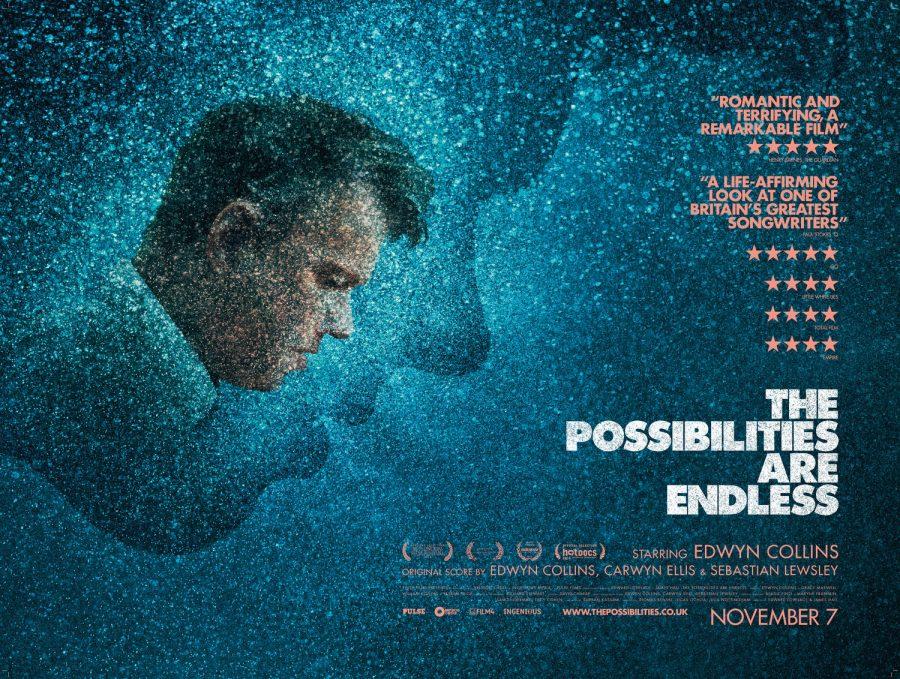On Feb. 26, the Film Series returned again to the University of Massachusetts Boston. In its third year, it does not only offer free screening of critically-acclaimed movies, but also in-person discussions with the filmmakers. Furthermore, students are able to participate in workshops, panels, film director luncheons, as well as other events related to bringing the art of film closer to anyone who is interested. Different from other years, the UMass Boston Film Series is now also collaborating with the Independent Film Festival Boston (IFF) by hosting a summit on April 22-23 with Massachusetts-based filmmakers.
Chico Colvard, curator of the film series and professor at UMass Boston, points out that events like these are a contribution on several levels. Apart from serving the institution of the university and elevating its profile, it give the students and the public in general access to culture. This access to culture inspired making the movies of the series available in the Healey library. Events like this also serve the craft itself and enable emerging filmmakers to have a public platform to interact with their audience and evolve.
“The Possibilities Are Endless:” A New Approach to Documentaries
According to Ed Lovelace and James Hall, the filmmakers, they had no specific audience in mind while working on this project. However they knew who they did not want to show: a victim. The movie tells the story of Edwyn Collins, a popular Scottish musician in the ’90s (“A Girl Like You”), who suffered a stroke in 2005. Lovelace and Hall, both graduates from the renowned Bournemouth Film School in UK, accompanied Collins in returning to making music and the overcoming his past.
The most astonishing fact about this movie is that is was not simply filmed all at once, but the filmmakers first recorded the audio which consisted of statements and stories of mainly Collins and his wife, and then afterwards wrote the script for this movie. The intention behind it was to write the movie as a fictional story which was actually real. This proved to be a very bold, successful step into a genre that seemed already pre-defined.
Consequently, the movie consists of dream-like shots where the characters tell their story in a voice-over. At times, the scenes give us an uneasy feeling of not knowing what is going on or of somehow being trapped with unfamiliar sounds and pictures. As the filmmakers state, “it’s supposed to be an uncomfortable experience at times—just like it is for Edwyn.” Throughout the movie, Scottish landscapes and the oceans are dominating elements because they portray best how lost Edwyn felt at times. Despite how the media often represents victims of strokes or other disabilities, the filmmakers willfully decided not to have this aspect be the focus of the movie. Lovelace and Hall rejected of portraying how the world sees Collins, but aimed at “looking through Edwyn’s head into the world” and show how he sees the world—which is far from him being the victim.
All information about the UMass Boston Film Series and upcoming screenings can be found at http://www.umb.edu/filmseries.
For more information about the movie, “The Possibilities Are Endless,” go to http://www.thepossibilities.co.uk.
‘The Possibilities are Endless’ Featured in UMass Boston Film Series
February 28, 2015

